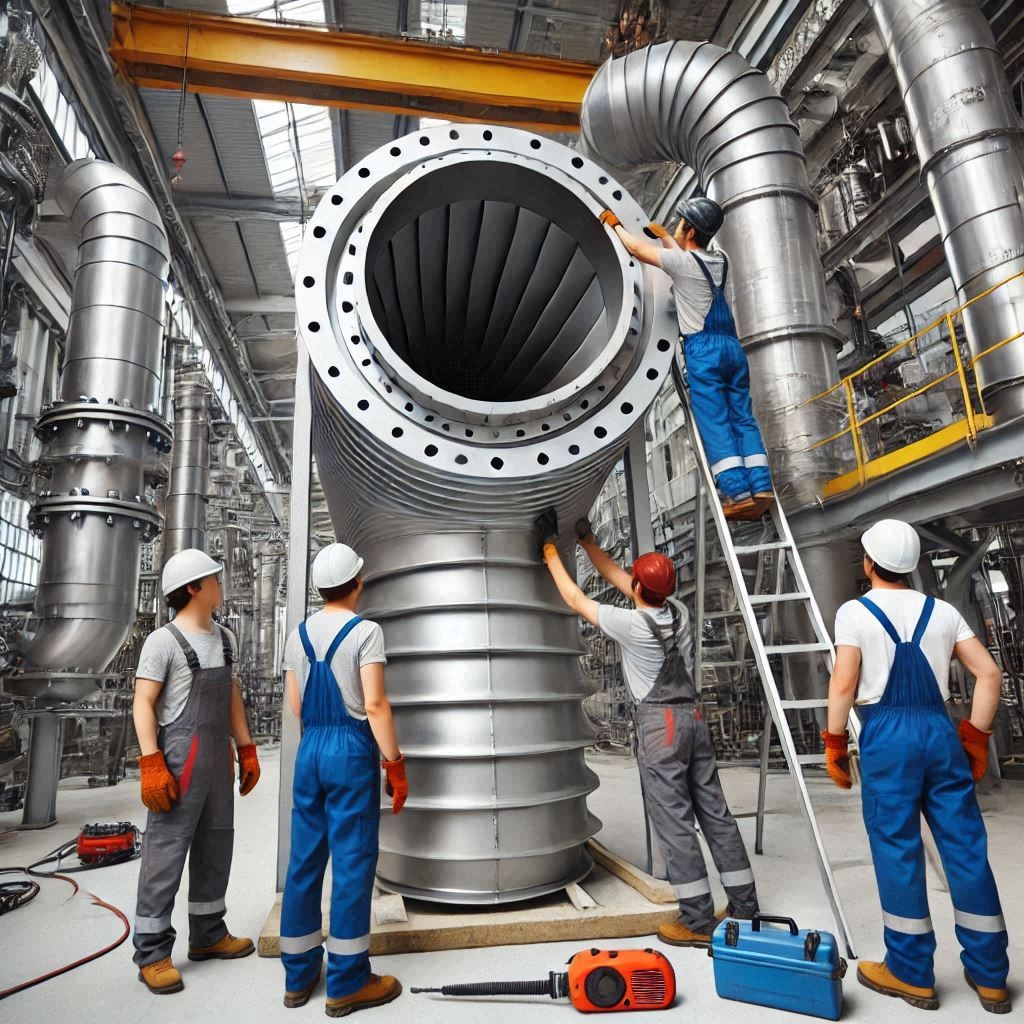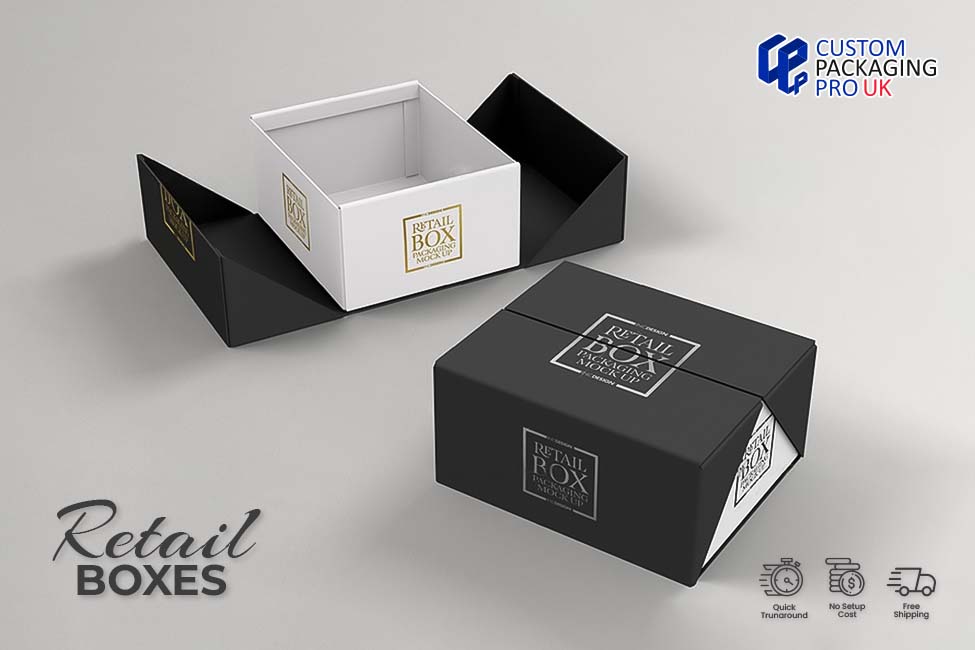Expansion joint bellows are essential in industries where pipelines, ducts, or machinery are damaged due to thermal expansion, vibration, or mechanical movement. They are flexible pieces through which systems can absorb and mitigate stresses to enhance performance, reliability, and lifespan. However, for expansion joint bellows to function effectively, they must meet stringent industry standards and address specific customization needs. In this article, we’ll explore how expansion joint bellows manufacturers meet these requirements, ensuring the components are both high-performing and tailored to specific industrial applications.
1. Adherence to Industry Standards
One of the major reasons in the choice of expansion joint bellows manufacturers is that they meet standards. Major manufacturers ensure their products meet all the international as well as local regulations, which has earned them high quality and reliability and a high level of safety. When meeting the requirements for standards, one is assured expansion joint bellows will work efficiently in different conditions, such as weather and the different stresses caused during operation.
- ISO Certifications: Most firms are ISO certified especially on ISO 9001 that focuses on quality management systems. This kind of certification promotes an efficient and consistent manufacturing system with the results being products that meet or even exceed expectations.
- ASME and ASTM Standards. For the power generation industry, for instance, the petrochemical expansion joint bellows will have to follow the set requirements by ASME and ASTM. It is these two bodies that are responsible for formulating standards according to the standard of material used, pressure ratings, temperature resistance, and also the test standards.
- CE Marking: In the European Union, CE marking is used to represent that the manufacturer’s products comply with the requirements of Europe concerning safety, health, and environment.
- API and EN Standards: In oil and gas, for instance, the bellows of the expansion joint have to be in line with specific API (American Petroleum Institute) and EN (European Norms) standards. These certifications will ensure that the bellows are able to resist the pressures and extreme conditions associated with such applications.
Thus, manufacturers will commit to producing quality, safe, and reliable expansion joint bellows by strictly adhering to these standards.
2. Customization Abilities to Meet Varying Requirements
Every industrial application is unique. Temperature, pressure, space constraint, and fluid or gas transported could all impact the performance requirement for expansion joint bellows differently. A company that can customize well will take care of a customer’s design and material needs regarding expansion joint bellows. This is how they approach customization:
- Material of Construction: Suitable material is fundamental to ensure expansion joint bellows can survive any operational environment. Manufacturers provide expansion bellows in various material types, that include stainless steel, alloys, rubber, composites, against different temperature intervals, chemical conditions, and different pressure conditions as well. Generally, stainless-steel bellows are used, especially in such environments where operations are carried with high temperatures coupled with corrosiveness.
- Customization through design: Expansion joint bellows are manufactured in different designs that include axial, lateral, angular, and universal designs. A manufacturer may make the design for the intended capacity of the bellows for a given application. This can also adapt the design based on specific requirements regarding size to account for space or installation constraints within the system.
- Pressure and Temperature Ratings: All applications in any industrial sector come with specific specifications of the permissible amount of pressure and temperature applied in the industrial applications. That is why most of the manufacturers deliver a standard expansion joint bellows with rated pressures, that can be very low to as high as can be, or even provide temperature-tolerant applications of the said bellow system.
- End Fittings and Connections: The type of connection (flanged, threaded, or welded) is another important area of customization. Manufacturers can design expansion joint bellows with custom end fittings and connections to suit specific pipe sizes and system requirements, ensuring ease of installation and long-term reliability.
The customization options offered mean that expansion joint bellows do optimally work in each of the unique applications, thus enhancing the longevity of critical systems while ensuring minimal downtime.
3. Advanced Testing and Quality Control
The manufacturing process of expansion joint bellows involves detailed testing to ascertain that the bellows meet industry standards as well as any customization requirement. The tests ascertain that it would indeed work under real-life conditions as expected.
- Hydrostatic Testing: Manufacturers have adopted the practice of hydrostatic testing to detect the leakage and strength of pressure from the bellows. It’s performed in a way that bellows bears up the pressure requirement without cracking.
- Fatigue Testing: Expansion joint bellows are put to fatigue testing to replicate how several movements or temperature fluctuations might strain it. Fatigue testing would then help the manufacturer see how long the bellows might last in normal operating conditions.
- Chemical Resistance Testing: When the chemical they touch would be very aggressive, manufacturers test for chemical resistance to confirm that the material does not degrade by time.
- Expansion and Compression Testing: The expand and compress the ability of bellows will be tested to verify they can bear the thermal expansion and mechanical movement.
It ensures the final product will meet all requirements, and be able to serve in the long term.
4. Continuous Innovation
Capitalizing on the technological changes and the developing needs of the industries, leading expansion joint bellows manufacturers have thereby constantly improved and innovated. The manufacturers have, therefore, continually set new materials, designs, and processes in manufacturing. Innovations could include new alloys, composites, or coated materials offering improved resistance to extreme temperatures, pressures, or corrosive activities. New designs capable of more extensive motion or integration of features that enhance noise attenuation or vibration damping. The practice of ‘green’ manufacturing to meet all requirements of sustainability with reduced impact on the environment 5. Customer Support and Technical Assistance
A good, reliable manufacturer also ensures to provide good customer support: walk clients through the best expansion joint bellows for their applications. From technical consultation and design advice to after-sales service and troubleshooting, good customer support ensures that customers really get their money’s worth from their investment in expansion joint bellows.
Conclusion
Expansion joint bellows manufacturer play an essential role in ensuring that the various industries meet their ever-changing specific performance and reliability goals. Through their adherence to rigorous industry standards, offering extensive customization capabilities, thorough testing, and being at the edge of innovation, these manufacturers make sure that their products can be performed under challenging conditions. They are able to design for individual requirements, providing comprehensive support for businesses to have high-quality, durable, and efficient expansion joint bellows for enhancing the length of service life and functionality of their systems.
Also Read
- ► Broken Planet Hoodie Everyone Will Want in 2025
- ► What You Need to Know About Project Finance Law
- ► Cash for Silver: Sell Your Silver for Instant Cash
- ► Stem Cells in Sports: A New Frontier for Injury Recovery
- ► Creative Red Packets in Singapore: Adding Style to Tradition
- ► Why Compact Laminate Are Popular Materials for Toilet Cubicles
- ► The Future of Wellness: How Homeopathy is Redefining Natural Healthcare
- ► Smart Home Solutions: A New Era of Comfort and Security
- ► Melhor Alfaiataria Por Medida Para Homem e Mulher em Lisboa Portugal
- ► 7 Best Nations to Study MBBS – An Ultimate Guide
- ► Understanding the Best Personal Loan in Singapore for Students
- ► Epson Sublimation Paper – Perfect Prints Every Time!
- ► How to Pair Trendy Casual Shoes Women’s Outfits Effortlessly
- ► Top Strategies for Successful Forex and CFD Trading
- ► The Sp5der Hoodie: A Fusion of Style, Comfort, and Streetwear Culture





